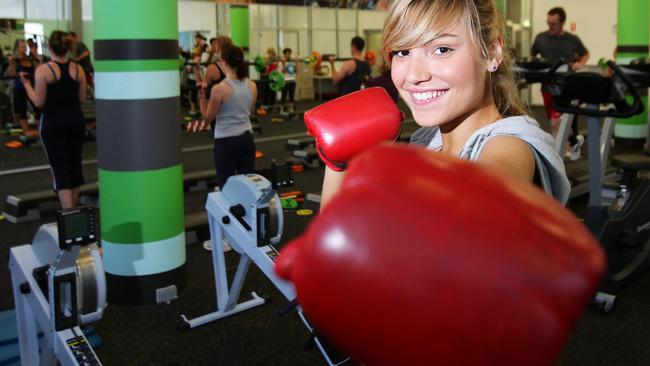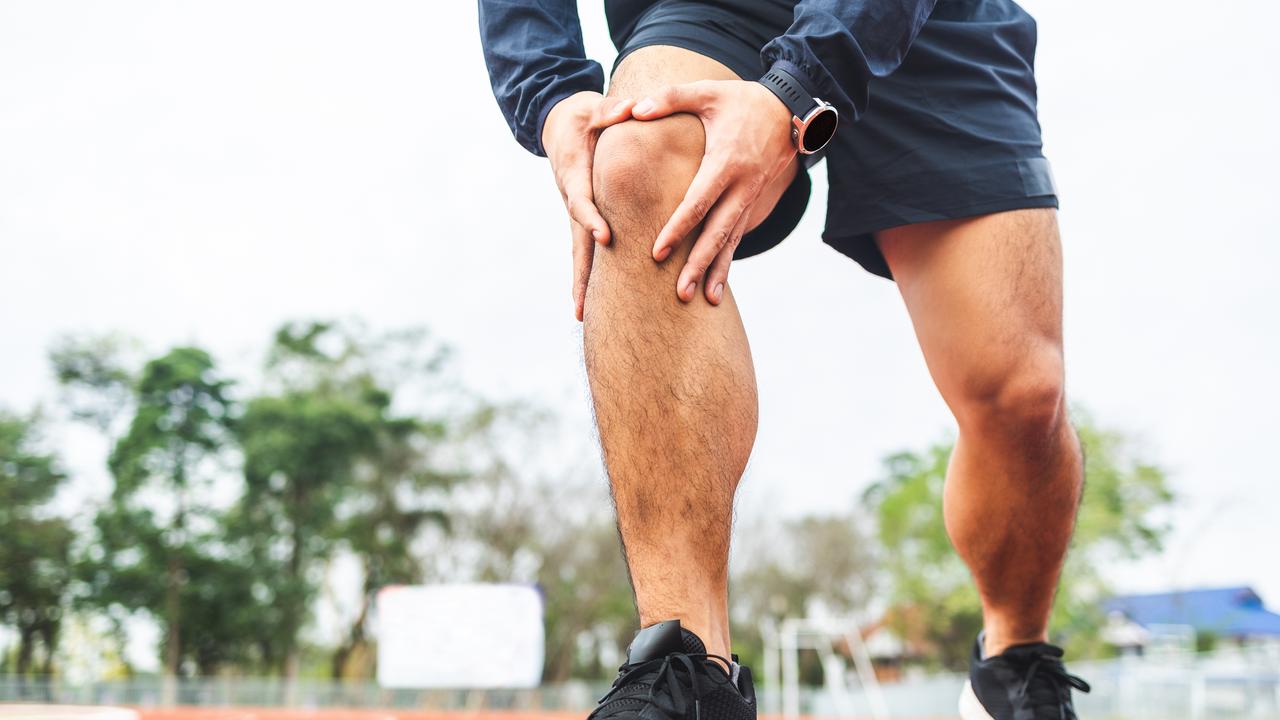Study finds that working out actually lead to you gaining weight?
It turns out that exercising might lead some people to gain weight. A Japanese professor is seeking volunteers to test the theory.

If you want to get fit and shape up quickly, you’re going to have to work for it. That, at least, is the mantra of the personal trainers who push their clients to higher levels of exercise intensity in a bid to blast all-over body fat and visceral fat around the organs. Yet the results of one animal study suggest this approach can backfire.
Researchers from the Institute of Health and Sport Sciences at the University of Tsukuba in Japan found that mice put through a 30-minute vigorous workout on exercise wheels that left them breathing hard gained weight over the next 24 hours, whereas the mice prescribed a moderately intense 30-minute session, or no exercise at all, did not. Takashi Matsui, the assistant professor who led the study, says the findings are relevant to people using exercise as part of a weight-loss plan, and he and his team are planning a study with human volunteers.
Few people shed as much weight as they expect to when they start exercising, which some scientists attribute partly to the effect exercise has on appetite. High-intensity interval training (HIIT) workouts, and even more moderate exercise, have been shown in some studies to result in some people consuming more calories when they finish. But in Matsui’s study weight was gained by the vigorous exercisers despite both workout groups eating the same amount of food before and after their exertions.
What he and his team discovered was that the mice that exercised the hardest were less active in terms of the amount of incidental movement, or what Matsui refers to as non-exercise physical activity (NEPA) – general walking around, climbing stairs, even fidgeting – over the next 24 hours compared with the animals that were jogging along on the exercise wheel.
“Presumably these animals experienced an increased sense of fatigue, just as we would do after a gruelling workout,” Matsui says. Using devices that measure the core body temperature Matsui also discovered that the faster runners had an average 1 per cent lower body temperature post-workout, suggesting they were burning up fewer calories. “Both the decrease in NEPA and the drop in body temperature are likely to disrupt the circadian rhythm of corticosterone, a hormone involved in regulating energy metabolism and activity levels,” Matsui says. “All of these disruptions could contribute to feelings of fatigue that reduce our activity levels.”
His results showed that mice that had run the hardest gained weight despite eating the same amount of food as usual, whereas the other groups did not get any heavier. “The real-life experience of many people is that they feel exhausted and unable to move after very intense exercise,” Matsui says. “This lends credence to the possibility that our results can be replicated in humans.”
He admits he was surprised that food intake didn’t change in either of the exercise groups. “This contradicts many previous studies that have suggested that an increased calorie intake may offset the energy expended during exercise,” he says. “However, intense stress can reduce the need for food, which might explain the fact the mice didn’t eat more in our study.”
A next step for Matsui’s team is to get people running on treadmills and record their responses to different intensities of training. He suspects adding intervals – fast bursts of running – in the form of HIIT will have a noticeable effect. “Intermittent exercise such as HIIT has been shown to result in a faster recovery of raised corticosterone levels compared with sustained vigorous exercise such as a fast-paced run,” he says. “It might not have the same outcome in terms of reduced post-workout activity levels or raised body temperature, but we shall look at that.”
Dr Mark Homer, an exercise physiologist at Buckinghamshire New University in the UK, says while the findings have yet to be replicated in humans, they do make sense. “Diet is the most important consideration for weight loss, but getting a lot of moderate-intensity exercise is more beneficial than killing yourself in a HIIT-style workout for 20-30 minutes at a time,” Homer says. “The study from Japan suggests that after hard exercise the body compensates by taking it easy and being less active, which, in this case, led to a reduction in body temperature and associated fuel, or calorie, use.”
It’s not all bad news if you prefer to break a sweat at the gym. In 2021 a review paper in the journal Exercise Physiology confirmed that even though it may not induce faster weight loss than plenty of regular, moderate aerobic activity, a short-duration high-intensity workout does help to reduce all-over fat and visceral fat. And that, says Homer, translates into improved health. “The message is that all exercise is good and the more you do the better for health,” he says. “But it’s becoming clear that for the vast majority of people, physical activity doesn’t need to be full-out to make a difference.”
The Times



To join the conversation, please log in. Don't have an account? Register
Join the conversation, you are commenting as Logout